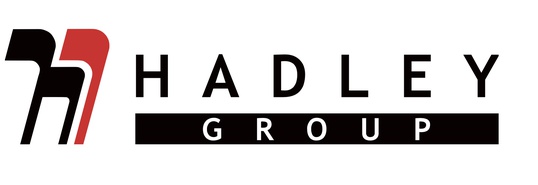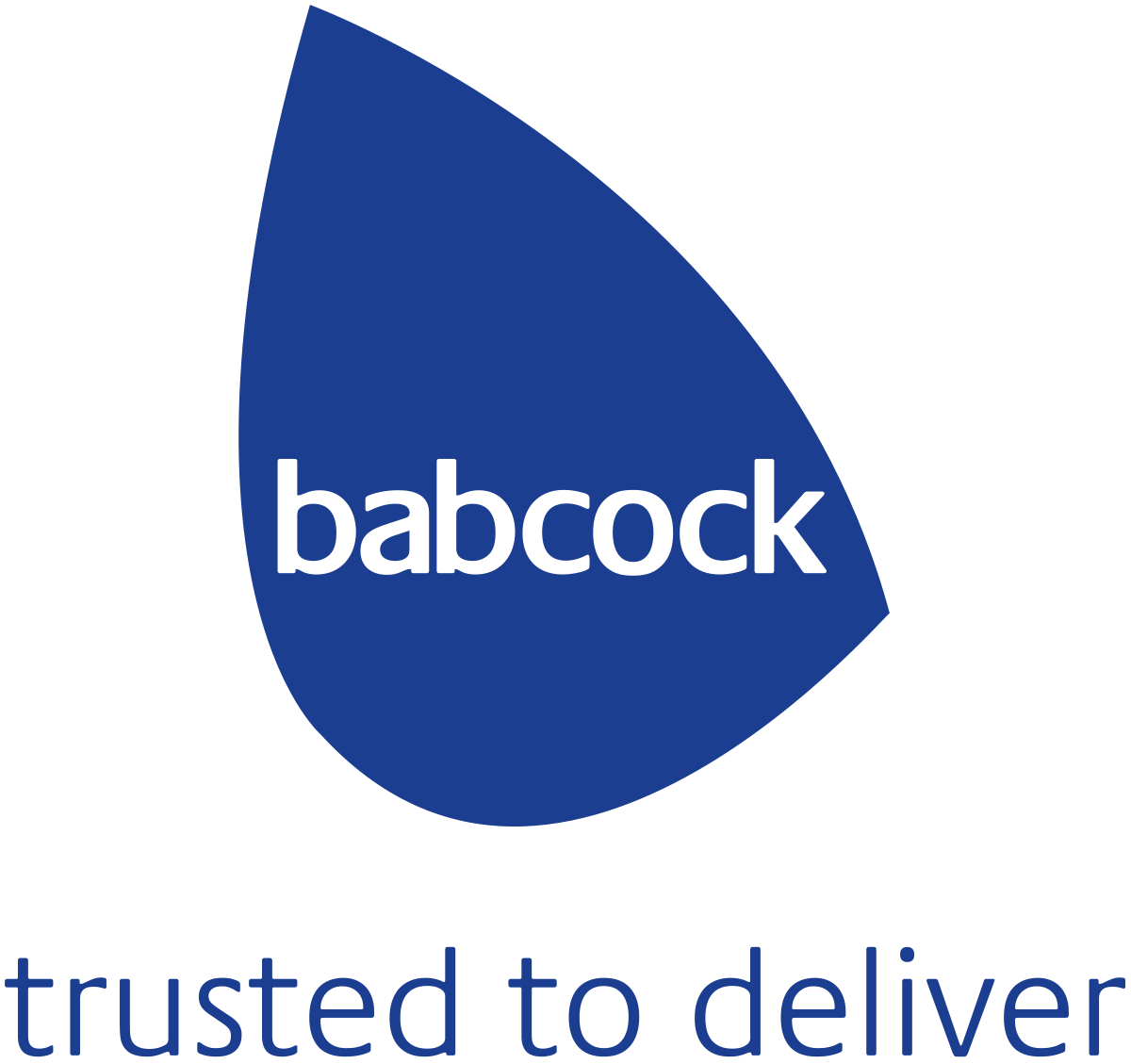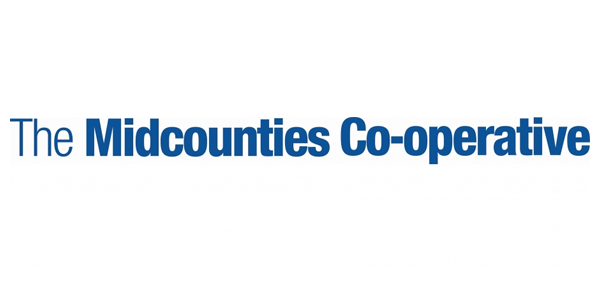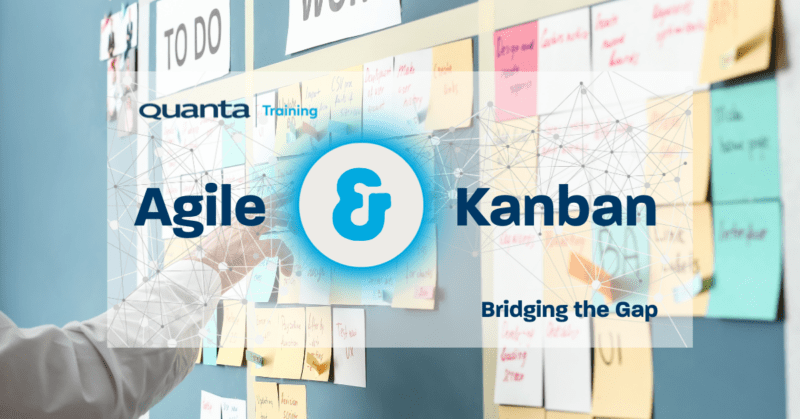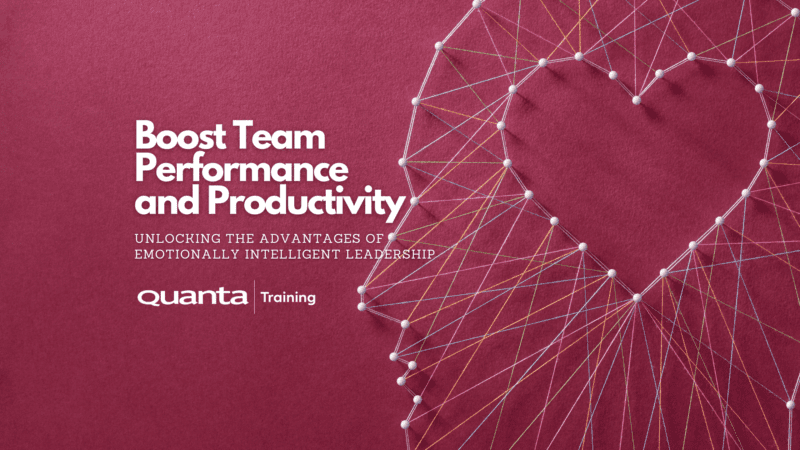
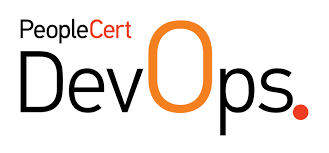
Organisations urgently need DevOps – But finding CALMS is easy
Successful and robust department-wide changes are like golddust in the corporate world. Really hard to find, but once you have them, your fortunes take a dramatic upturn.
Well, if you’ve already adopted Agile, Lean or ITIL, DevOps is the natural next step for you to take.
DevOps is a culture-changing methodology that facilitates a new, more efficient behaviour of competency.
You may have already figured out that it’s a shortened version of the term ‘Development and Operations’, but what exactly is DevOps?
DevOps is a relatively new concept that combines Agile and Lean methodology in allowing operations and development engineering to collaboratively be more productive throughout the service lifecycle.
DevOps isn’t a magic wand, but it’s probably the next best thing. It empowers staff across different teams and departments to make use of the same techniques and best practices as one another, giving companies the ability to build, implement and evolve systems much more efficiently and resiliently.
Developing more and more in-house capability is important as it allows you to make quicker, more independent decisions that can all be taken uniformly in-house without any external influences or ramifications.
Of the tried-and-tested frameworks that allow you to assess the impact of DevOps in your organisation and how it can be improved, the CALMS model is undoubtedly the cream of the crop.
CALMS stands for Collaboration, Automation, Lean, Measurement and Sharing. It’s widely used for analysing the way DevOps is structured and used in anorganisation, andis an ell-encompassing framework that evaluates all stakeholders within DevOps and assesses their contribution to process automation.
The CALMS framework covers all stakeholders within DevOps, including business, IT operations, QA, InfoSec and development teams, and addresses how they collectively deliver, deploy and integrate automated processes that make business sense.
The CALMS acronym represents:
- Culture:The framework is built on a universal understanding that the values, beliefs and attitudes that permeate an organisation and IT are important and need to shift. Working practices and employee attitudes are often defined by workplace culture, so this is an important place to start.
- Automation:It’s also vital to believe that anything can be automated, and that manual processes should be automated wherever possible. Automation is proven to help workflow and increase productivity.
- Lean:Placing greater emphasis on ideas from the Lean value system and methodology helps in reducing process complexity. It also goes a long way in streamlining the flow of work, allowing for projects to be completed with fewer changes and in a shorter time frame.
- Measurement:This involves understanding the importance of measuring everything that can be measured, and then using quantifiable metrics to implement building processes that are visible and transparent.
- Sharing:Focusing on collaboration and communication between development and operations allows both parties to operate more effectively, as they’re able to share best practices and create more efficiencies.
Having a robust CALMS framework can go a long way to providing a set of business processes that save time, reduce costs and deliver much better ROI.
At Quanta, we’ve been delivering DevOps training for nearly ten years. We offer two increasingly popular courses around DevOps –DevOps Fundamentals (PeopleCert), which is aimed at total newcomers to DevOps, andDevOps Leadership (PeopleCert), which is more suitable for those already in DevOps roles.
Get in touch today to find out how DevOps training can empower you to add value to your company through the CALMS framework.
Trusted By
Latest from our blog
Kanban and Agile: Bridging the Gap
Kanban and Agile: Bridging the Gap Quanta’s Kanban University Certified Trainer Steve Church explores the way in which Agile and…
Read More
How a Ballerina could move into Cybersecurity
Jason Ford, Quanta Cybersecurity and IT Trainer talks about the limitations in Cybersecurity Training courses. Jason discusses a safe and…
Read More
Boost Team Performance and Productivity: Unlocking the Advantages of Emotionally Intelligent Leadership
Quanta People Development and Leadership Trainer, Giles Collins outlines the key elements of Emotionally Intelligent Leadership and how it impacts…
Read More

